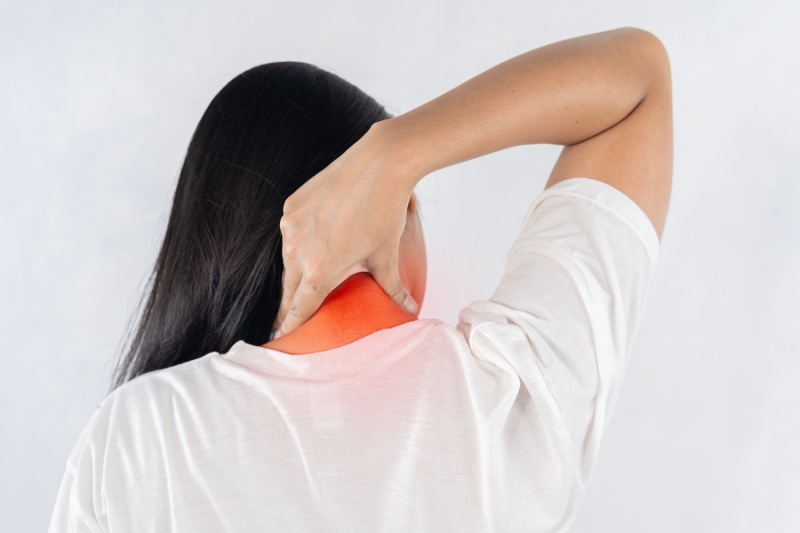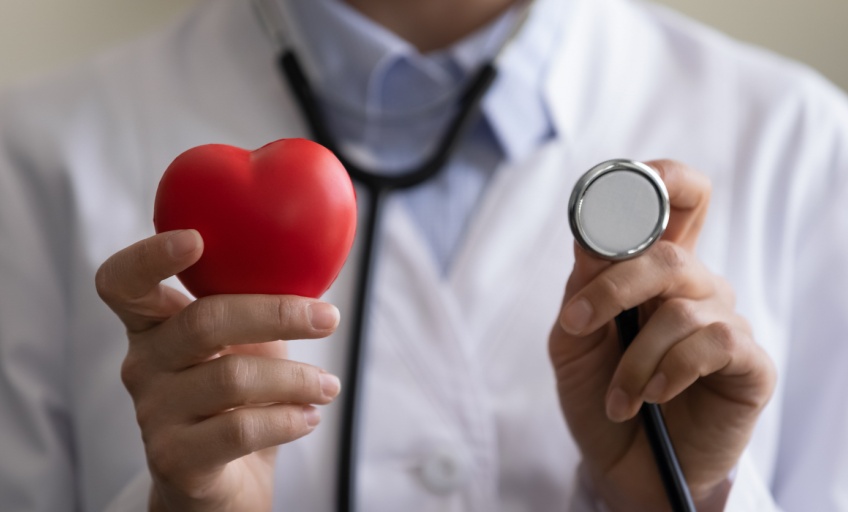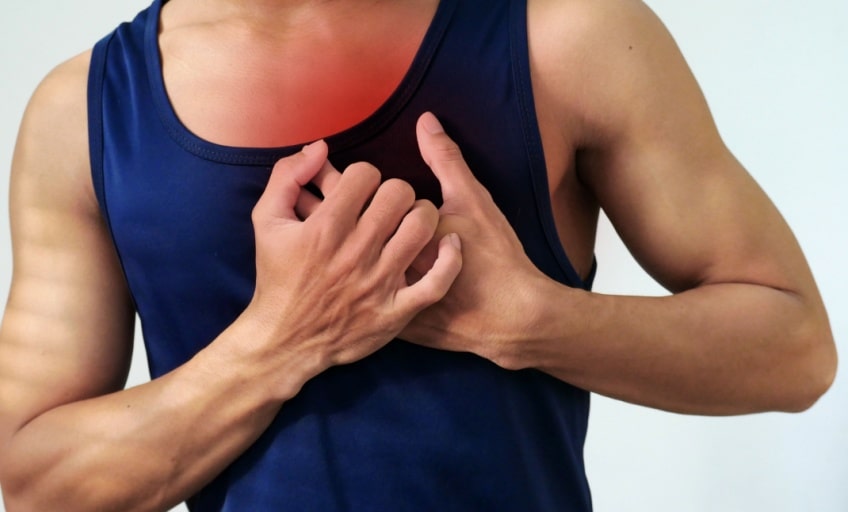In India, cardiovascular diseases account for 26% of all deaths. This calls for its early detection and prevention.
What you need to know:
Understanding heart disease
Heart disease describes a range of conditions that affect the heart, including:
- Coronary artery disease (CAD): CAD occurs when plaque (a small, abnormal patch of tissue on an organ or body part or a buildup of substances in a fluid) builds up in the arteries that supply blood to the heart. This can lead to angina (a type of chest pain or discomfort that occurs when your heart isn’t receiving enough oxygen-rich blood), heart attacks, and heart failure.
- Arrhythmia: An irregular heartbeat can be caused by other heart problems or on its own.
- Congenital heart defects: These are heart conditions that you are born with.
- Heart valve disease: This condition can affect any one of the four heart valves.
6 early symptoms of heart disease
Heart disease has many different types. Each has its symptoms, although there is some overlap. With some forms of heart disease, you may not notice any symptoms. Here are 6 early signs of heart disease:
Chest pain or discomfort

Chest pain is often associated with heart disease. But many people with heart disease say they have a mild discomfort they wouldn’t call pain. Chest discomfort due to a heart attack or another heart problem may feel like:
- Pressure, fullness, tightness, squeezing, burning, or aching
- Pain that lasts more than a few minutes, which gets worse with activity, goes away and comes back, or varies in intensity
- Racing heartbeats
- Nausea or vomiting
Shortness of breath
It can be an early symptom of heart disease or heart failure:
Heart failure: When the heart can’t pump blood properly, blood backs up in the veins, and fluid leaks into the lungs, causing shortness of breath. This can happen while resting, during activity, or when lying down.
Cardiomyopathy: This condition affects the heart muscle and can cause shortness of breath during activity or at rest.
Heart attack: It occurs when the heart doesn’t get enough oxygenated blood and nutrients. You may experience chest pain, shortness of breath, or feel tired a few days or weeks before the attack.
Fatigue and weakness
They can be early signs of heart disease:
- Heart failure: Symptoms include fatigue and weakness, especially when lying down or being active.
- Cardiomyopathy: It is a disease that affects the heart muscle, making it difficult for the heart to pump blood. Symptoms include fatigue, especially when trying to sleep or at rest.
- Atherosclerosis: It is a chronic disease when fats, cholesterol, and other substances build up in and on the artery walls. Symptoms include fatigue, numbness, weakness, or coldness.
Dizziness or lightheadedness
They can be early signs of heart disease:
- Heart attack – Dizziness, lightheadedness, or feeling faint can be a warning sign of an impending heart attack.
- Cardiomyopathy – Dizziness, lightheadedness, and fainting can be symptoms of cardiomyopathy, a condition that affects the heart muscle.
- Palpitations – Dizziness or lightheadedness combined with palpitations (a feeling that your heart is beating too fast, too strongly, or irregularly) can be a sign of a serious heart problem.
Pain in the jaw, neck, shoulder, or arm

It can be an early symptom of heart disease, especially when associated with coronary artery disease (CAD) or a heart attack. Pain in:
- Jaw – may feel like a dull ache or pressure and can be mistaken for dental problems.
- Neck – can feel like a tightness or discomfort that might radiate from the chest area.
- Shoulder – often felt in the left shoulder but can occur in the right. It may come and go or be constant.
- Arm – commonly affects the left arm but can occur in either arm. It might radiate from the chest and feel like a heavy or aching sensation.
Excessive sweating
It can be an early symptom of heart disease:
- Heart attack: When arteries become clogged, the heart has to work harder to pump blood, which can cause the body to sweat to cool down. Sweating can be a sign of a heart attack, especially if it’s accompanied by other symptoms like chest pain, shortness of breath, or dizziness.
- Night sweats: Night sweats are a common symptom of heart problems in women, though they can also be a sign of menopause.
With heart disease, it may feel like you are going through a lot of changes all at once. Watch out for the aforementioned early symptoms of heart disease. Get help from dietitians, doctors, and support groups to keep focused. Consult your doctor if:
- You have unusual chest pain, especially if it doesn’t go away or if it comes back.
- You have recurring disturbances in your heartbeat.
- You become suddenly dizzy, lightheaded, weak, or faint.
Stay ahead of heart disease and ensure your long-term well-being.
Stay tuned to the Activ Living Community. Keep up to date with the latest health tips and trends through expert videos, podcasts, articles, and much more on nutrition, fitness, mindfulness, and lifestyle conditions like Asthma, Blood Pressure, Cholesterol, and Diabetes. Activ Living ke saath sahi sehat ki shuruat ABHI karo.
You may also be interested in the following blogs:
Popular Searches
How to lower blood pressure | Fruits good for liver | Unhealthy foods | Ragi Benefits | Basal Metabolic Rate | Acupressure points for High Blood Pressure | Ayurvedic medicine for blood pressure | How to control cholesterol at home | Homeopathy for Asthma | Biological Age | Home remedies for TB | Natural beta blockers | Negative effects of internet | Types of walking | Blood pressure calculator | Blood sugar calculator | BMI Calculator





 1800-270-7000
1800-270-7000








